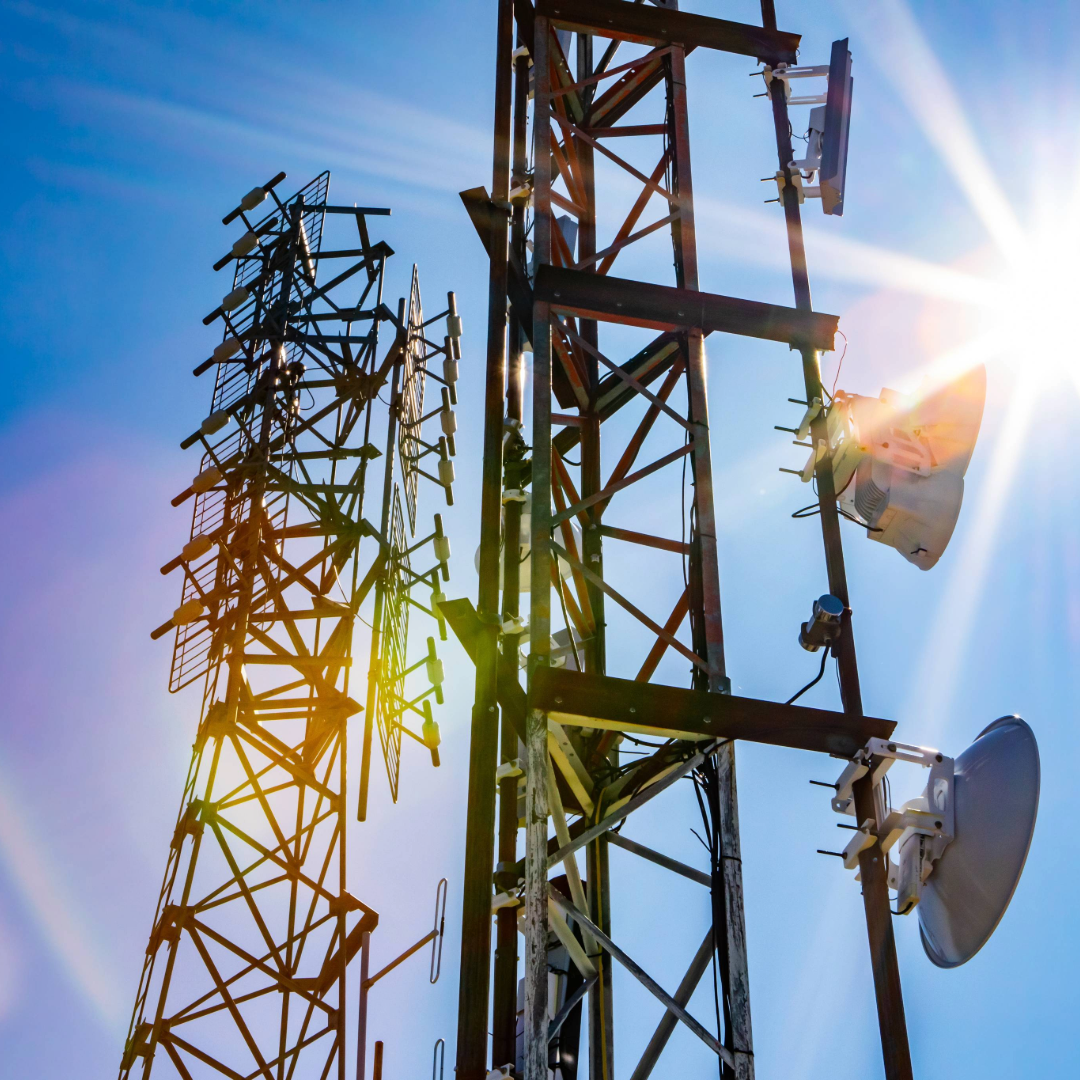Share This
Related Posts
Tags
Will Frequencies
By Joel Nelson on Oct 10, 2024 in Technology
Some observers consider radio frequencies the world’s most valuable natural resource and worry they could be depleted in the manner of other finite resources like clean air and water.

Applications ranging from radio and television to cell phones, military systems, GPS and Wi-Fi use frequency bands of radio waves, a portion of the electromagnetic spectrum that includes microwaves, infrared, visible light, ultraviolet, x-rays and gamma rays. The use of radio frequencies by government and private entities is governed by the International Telecommunication Union (ITU), an international regulatory authority, and national authorities including the U.S. Federal Communications Commission.
Frequencies are “the very foundation of all our wireless communications, and without them our modern life wouldn’t be possible as we know it,” says Swedish tech company LumenRadio.
Flexibility from new tech
But with billions of wireless devices currently in use and being developed rapidly filling up the frequencies allotted for commercial usage, could we run out of space on the radio frequency spectrum? “Yes, if you consider the number of white spaces and the limitations of existing technology to breach the high frequency barrier,” asserts ScienceABC.com, a repository of science facts.
But exhaustion of this resource might not be imminent. Researchers are developing ways to utilize white spaces – frequencies that go unused to provide a buffer between radio signals that prevents interference – more effectively. New technologies for transmitting and receiving signals could eliminate both interference and the need to separate frequency bands. And some experts, such as internet pioneer and former MIT professor David Reed, are skeptical of the whole notion of a finite electromagnetic spectrum.
“No single action is a silver bullet when it comes to meeting mobile capacity needs,” according to former FCC official Neil Grace. “More efficient use of spectrum, new technologies and unleashing new spectrum are all important parts of the mix.”
“Somehow in the last 100 years, every time there is a problem of getting more spectrum, there is a technology that comes along that solves that problem,” said cellphone pioneer Martin Cooper. “Every two and a half years, every spectrum crisis has gotten solved, and that’s going to keep happening.”
“We have spectrum. It all depends how we use it,” adds John Celentanos, business editor for Inside Towers, a wireless infrastructure industry media outlet.
